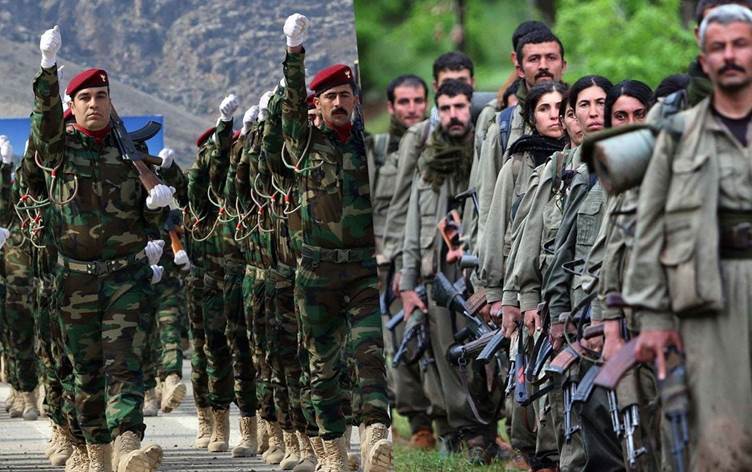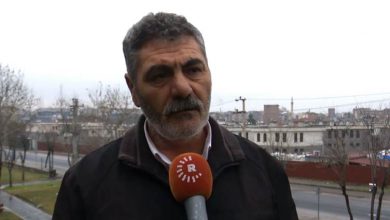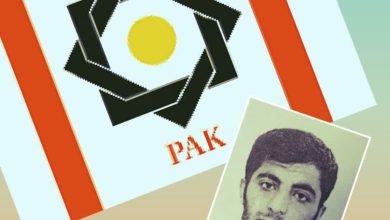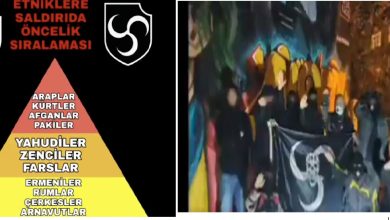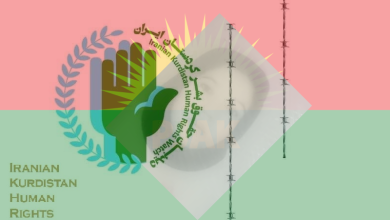Iraqi-Kurdish president Masrour Barzani asked Washington on Tuesday afternoon to station their troops on the border with Syria after yet another escalation between the PKK (Kurdistan Workers’ Party) and the KDP (Kurdish Democratic Party), as reported by al-Monitor. According to the KDP, the Syrian-Kurdish YPG (People’s Protection Units) tried to infiltrate their territory. This resulted in a gunfight.Both parties have a long history of rivalry and tension. For example, they had previously faced each other in the so-called ‘War for Qandil’. Rival Iraqi-Kurdish parties KDP and PUK (Patriotic Union of Kurdistan) fought for power in Iraqi Kurdistan from 1994 to 1997. What complicated the case was the presence of the PKK, which supported the armed forces of PUK. Their presence provoked Turkey to interfere in the conflict. During “Operation Hammer” the KDP fighters and the Turkish army both attacked the PKK at the same time, in an attempt to exile the PKK back to the Lebanese Beka’a valley. This led to many casualties on all sides, but did not result in the PKK leaving the mountains of northern Iraq, where they still remain today.
The KDP still maintains good ties with Turkey today, much to the annoyance of the PKK. Throughout the years, Turkey has carried out large-scale military operations in the area, and regularly bombs the PKK camps with their jets. Hundreds of nearby northern Iraqi villages have been emptied and many civilians have fallen victim to this, which in turn leads to annoyance of the KDP.
Concern about a fierce intra-Kurdish conflict started earlier this year. This started in the spring, when the Iraqi Kurdish KDP placed troops in the Zini Werta area, a strategic crossing between the Kandil and Gare mountains. At the same time, the Turks carried out a major offensive on Iraqi-Kurdish territory, and set up several new military posts there. This led to a veritable social media war between the Kurdish supporters of both factions, and alarm bells ringing throughout the region. Tensions reached new heights when the KDP accused the PKK of causing the massive protests in northern Iraq. Thousands of young people took to the streets to protest against corruption, delayed wage payments and hopelessness.
And then last week, these ever-increasing tensions led to a firefight. According to Serbest Lezgin, deputy minister for peshmerga affairs, a group of about 50 YPG fighters from Syria tried to infiltrate Iraqi Kurdistan, on the border of Fish Khabur. When Iraqi Kurdish peshmerga fighters wanted to disarm the infiltrators, a firefight broke out.
The Syrian-Kurdish militia YPG is strongly linked to the PKK, a thorn in the eye for multiple parties involved. For example, the U.S. has regularly declared that the PKK forces must leave the area, and the YPG must shake off its ties with the PKK if it wants to maintain Washington’s support.
The United States supports the YPG militarily and financially, but has so far made no political commitments with them. At the same time, the Americans also have a good relationship with the Iraqi Kurds, whom they have supported militarily, financially and politically for decades.According to the Kurdish authorities, American patrols on the Iraqi-Syrian border would serve various purposes, including independently verifying smuggling operations along the border, which is worthwhile for the Kurdish region of northern Iraq and its main regional ally, Turkey. At the same time, the observers’ presence would discourage PKK forces from moving troops and supplies from its camps in northern Iraq to Syrian Kurdistan. The presence of the U.S. as observers would hold the PKK-led and U.S.-supported Syrian Kurdish YPG responsible for “severing ties with the PKK”, the very purpose behind this request.
One thing is clear, the Kurds still have a long way to go to unity.

